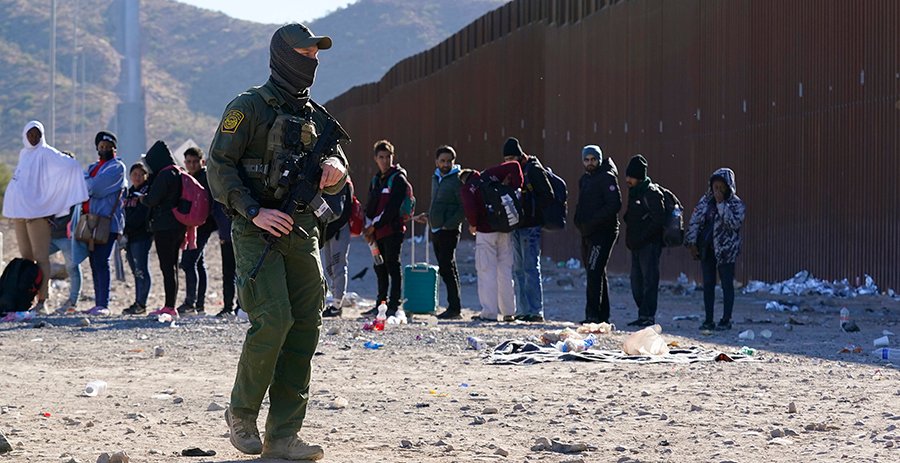Arizona ICE Act
Arizona Sheriffs’ Association Leader Backs Controversial ICE Act Despite Veto Setback

The head of the Arizona Sheriffs’ Association, Yavapai County Sheriff David Rhodes, publicly endorsed the Arizona ICE Act on April 21, advocating for state law that mandates local authorities detain individuals flagged by federal immigration officials.
Rhodes expressed disappointment over Governor Katie Hobbs’ veto of the bill, which sought to enhance cooperation between local law enforcement and federal agencies. The legislation aimed to ensure county sheriffs would comply with ICE “detainer” requests, which allow federal agents to take custody of individuals arrested on state charges.
During a press conference, Rhodes stated that while many sheriffs already comply with these requests, a few do not. He emphasized the need for a uniform approach to handling individuals with potential immigration violations, particularly those charged with violent crimes.
“If someone in your custody faces removal from the country, you must notify immigration authorities,” Rhodes stated. “That’s a sensible, fair approach.”
The vetoed bill included provisions allowing the attorney general to take legal action against non-compliant law enforcement agencies. Further, it aimed to restrict local policies that inhibit cooperation with federal immigration authorities.
In her veto message, Hobbs cited her reluctance to impose federal directives on state and local officials, which she believes undermines local governance.
Senate President Warren Petersen countered, asserting that the legislation would have ensured state policy determined law enforcement protocols rather than federal mandates. He highlighted the bill’s potential benefit of allowing ICE to apprehend individuals within jails, instead of conducting potentially dangerous community searches.
Future steps regarding the bill remain uncertain, but there is potential to place the measure on the 2026 ballot. Petersen indicated that voter sentiment favors greater local involvement in immigration enforcement, supported by the approval of Proposition 314.
That proposition made it a state offense for non-citizens to enter Arizona outside designated ports, imposed stricter requirements for verifying immigration status for public benefits, and established penalties for submitting false documents.
However, Petersen acknowledged that the 2026 gubernatorial election may alter the legislative landscape. “The governor will be on the ballot, which raises questions about prioritizing gubernatorial support for such measures,” he noted.
The previously vetoed bill had undergone certain compromises to address law enforcement concerns, but Petersen maintained his stance against modifying core components simply to secure votes.
Concerns had also been raised regarding the impact of the cooperation requirement on school district policies, with some educators opposing the idea of immigration officials operating on their campuses. Petersen dismissed these worries, stating that current law already permits ICE to access schools.
He critiqued Governor Hobbs’ focus on drug enforcement, arguing that state resources should also target immigration law violations more effectively. Petersen highlighted a recent case in Coconino County involving a substantial fentanyl seizure, questioning the effectiveness of the current administration’s approach to mitigating drug trafficking in Arizona.

















